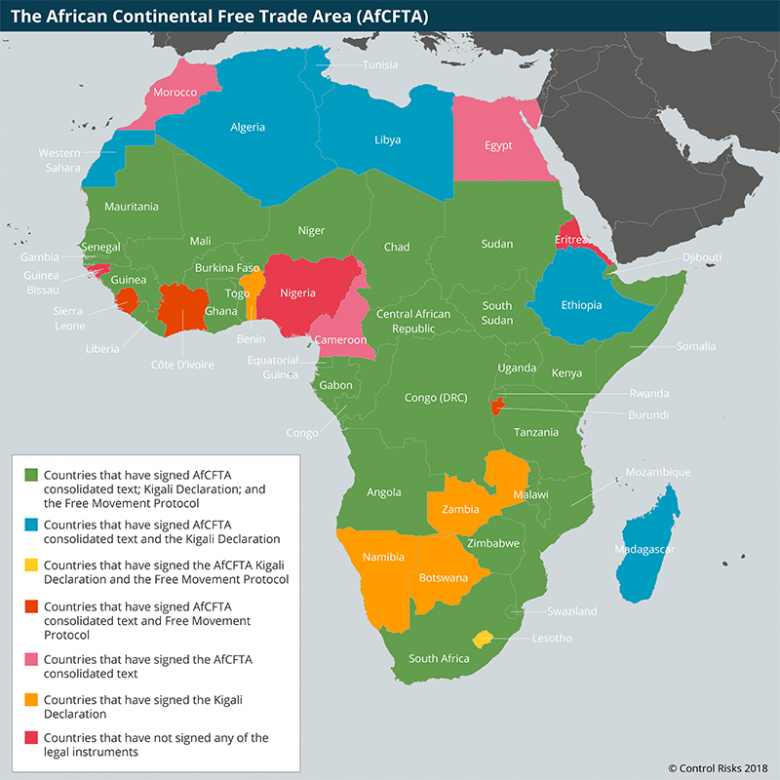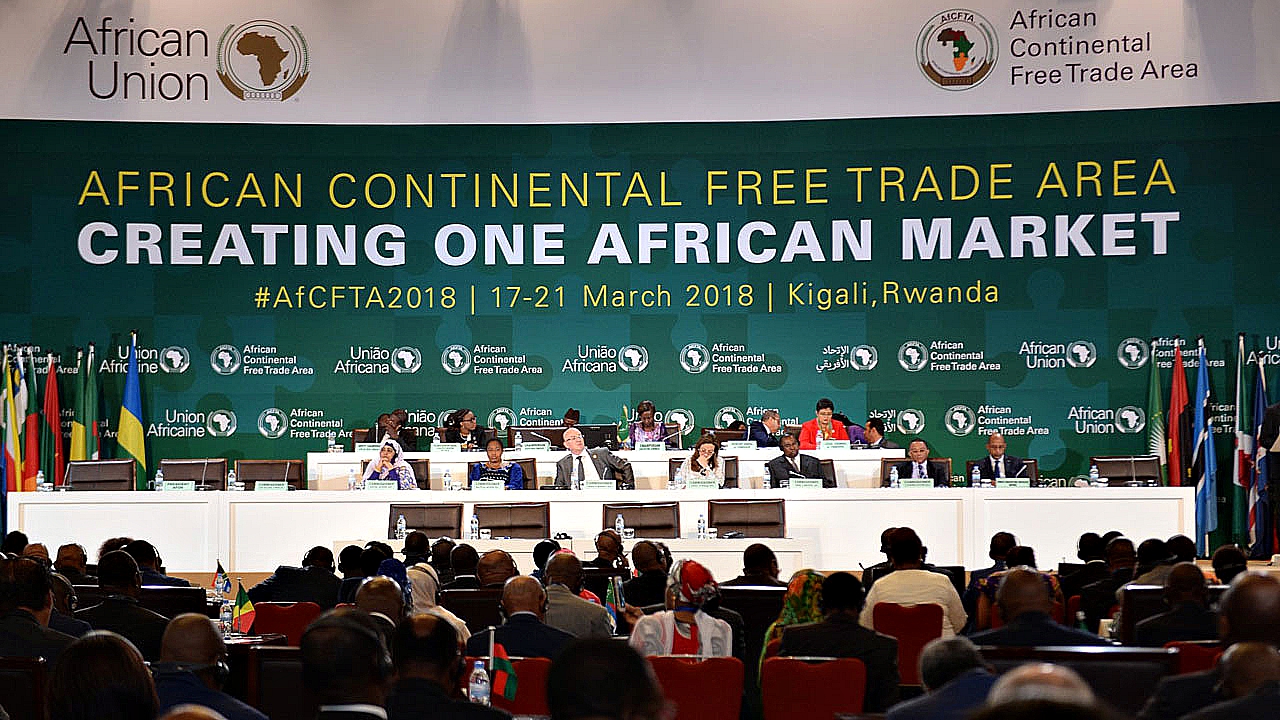Introduction

Image: ghanasonline.com
Africa is poised to embark on a transformative economic odyssey with the implementation of the African Continental Free Trade Agreement (AfCFTA), the most ambitious trade agreement on the continent to date. This monumental agreement aims to create a single market for goods and services, facilitating the movement of people and capital across African borders. By harnessing the collective potential of Africa’s 54 countries, the AfCFTA has the power to unlock unprecedented opportunities and redefine the continent’s economic landscape.
Unveiling the Blueprint for Economic Empowerment
The AfCFTA envisions a future where trade barriers crumble, allowing businesses to thrive and innovation to flourish. Its primary objective is to eliminate 90% of tariffs on goods traded within the continent, fostering a conducive environment for seamless trade and investment. Additionally, the agreement aims to address non-tariff barriers, streamlining customs procedures and harmonizing regulations. The ultimate goal is to create a unified African market that rivals global economic powerhouses, driving sustainable growth and shared prosperity.
History in the Making: A Long-Awaited Milestone
The AfCFTA is the culmination of decades of arduous negotiations and unwavering commitment to African integration. Its roots can be traced back to the Lagos Plan of Action in 1980, which emphasized the importance of regional economic cooperation. Subsequent efforts, such as the Abuja Treaty in 1991, laid the groundwork for the eventual establishment of the AfCFTA. In March 2018, 44 African countries signed the agreement, and it officially entered into force on January 1, 2021, with the ratification of 22 countries.
Breaking Down Trade Barriers: Empowering Businesses, Unleashing Economic Growth
The removal of trade barriers under the AfCFTA is expected to have a profound impact on the continent’s economic trajectory. Reduced tariffs and simplified customs procedures will significantly lower the cost of doing business across borders. This, in turn, will boost trade volumes, stimulate competition, and encourage investment in strategic sectors.
Empowering African Businesses: Seizing New Opportunities
The AfCFTA presents a golden opportunity for African businesses of all sizes to expand their reach and tap into new markets. Small and medium-sized enterprises (SMEs), which form the backbone of many African economies, will benefit immensely from the reduced barriers to trade, enabling them to compete on a more level playing field. The agreement also includes provisions to support women and youth entrepreneurs, ensuring their active participation in the continental economic transformation.
Enhancing Value Chains: Driving Industrialization
The AfCFTA has the potential to transform Africa from a continent of resource exporters to a hub of value-added production. By facilitating the movement of goods and services, the agreement will enable countries to specialize in specific industries and participate in regional value chains. This specialization will drive industrialization, create jobs, and boost overall economic productivity.
Unlocking Human Capital: Unleashing the Power of People
The AfCFTA recognizes the importance of human capital in sustaining economic growth. It promotes the free movement of skilled workers, allowing professionals and experts to share their knowledge and expertise across borders. This will contribute to the transfer of knowledge, facilitate innovation, and empower African countries to address their critical skills shortages.
Fostering Regional Integration: A United Africa
Beyond its economic benefits, the AfCFTA is also a powerful symbol of African unity and solidarity. By creating a single market, the agreement fosters a sense of shared purpose and common destiny among African nations. It strengthens regional cooperation, promotes peace and stability, and enhances Africa’s collective voice on the global stage.
Conclusion
The African Continental Free Trade Agreement stands as a testament to Africa’s commitment to its own economic empowerment and self-sufficiency. By breaking down trade barriers, facilitating human capital mobility, and promoting regional integration, the AfCFTA has the potential to unlock unprecedented opportunities for businesses, create jobs, reduce poverty, and improve the lives of ordinary Africans. As the continent embarks on this transformative journey, the AfCFTA serves as a beacon of hope, signaling a future where Africa’s full economic potential is realized.

Image: www.thehabarinetwork.com
Africa Free Trade Agreement Explained






